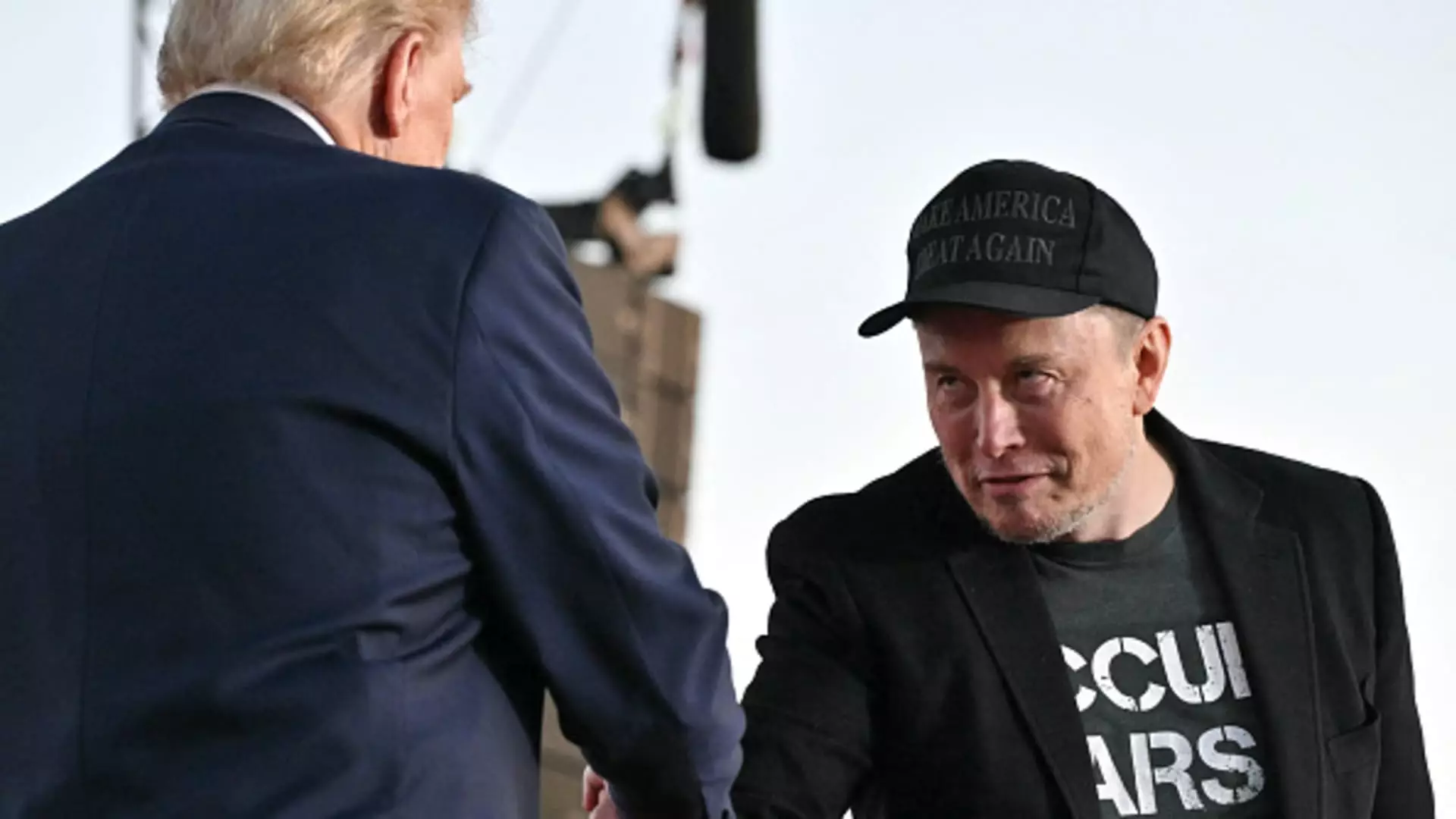The Federal Reserve, widely known as the Fed, functions as the central bank of the United States, playing a pivotal role in shaping the nation’s monetary policy. Established with the intention of insulating economic decisions from political pressures, the Fed operates independently to foster stable economic growth, achieve low unemployment, and manage inflation. This independence has historically been considered crucial for maintaining public confidence in American financial systems and preventing impulsive fiscal decisions driven by political agendas.
In a notable moment of political discourse, Elon Musk, the CEO of Tesla and SpaceX, expressed his support for diminishing the Fed’s independence by endorsing proposals that would grant the president a more significant role in its operations. Musk’s reaction to a tweet from Senator Mike Lee—a call for the Fed to be directly directed by the president—has serious implications. Musk’s simple endorsement, in the form of a “100” emoji, showcases not only his influence but also reflects growing political sentiments that challenge traditional views on the Fed’s operation. Musk’s prominent position in technology and business amplifies the conversation around these issues, suggesting that corporate leaders could play a role in redefining longstanding economic doctrines.
The implications of allowing presidential influence over the Fed raise questions not just about monetary policy but also about the potential for increased volatility within financial markets. Fed Chair Jerome Powell’s stated unwillingness to resign from his position at the behest of President Trump illustrates the friction that can emerge when a president tries to assert power over an entity designed to be autonomous. During Trump’s first term, his frequent criticisms of Powell showcased a surrounding atmosphere fraught with potential for conflict.
Trump’s campaign rhetoric suggested a willingness to reconsider the longstanding traditions governing the Fed. Statements where he indicated that a president should have a say in Federal Reserve policies point to a broader agenda to reshape how monetary policy is approached in America. This kind of discourse around central banking could lead to policies that serve immediate political interests rather than the long-term health of the economy.
As discussions around Federal Reserve independence evolve, the upcoming relationship between the White House and the central bank warrants close scrutiny. If the trend toward political intervention gains traction, we may witness a significant shift in fiscal governance that prioritizes political considerations over economic stability. Such changes could undermine established economic principles and lead to market unpredictability during critical junctures.
The relationship between presidential authority and central banking practices remains one of the most significant areas of economic policy debate today. The concepts of independence and accountability must be thoughtfully navigated. As political and business leaders weigh in and public opinion shifts, the future of the Federal Reserve and U.S. monetary policy hangs in the balance—a dynamic that will undoubtedly affect every American.



Leave a Reply